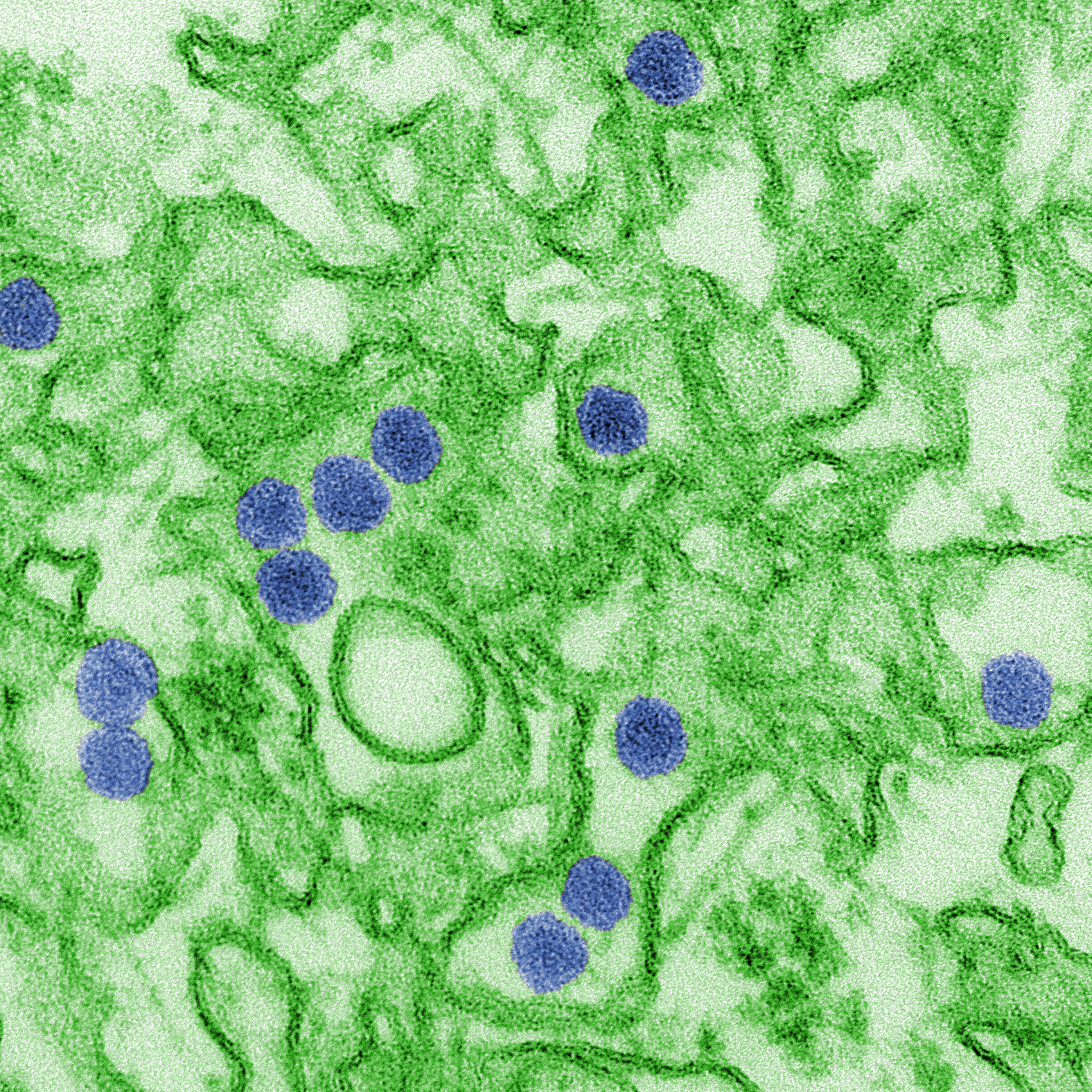After dominating the news cycle for most of the summer of 2016, Zika, a mosquito-borne illness that can cause birth defects, has mostly disappeared from the front page. This leaves many people asking, “is Zika still a threat or is the threat over?” According to the Centers for Disease Control (CDC), not only is Zika still a potential danger, but its capacity to spread in the United States could be greater than anticipated -- thanks to greater prevalence of mosquitoes.According to a recent
report by the CDC,
Aedes aegypti, the species of mosquito known to transmit the Zika virus, has now been documented in 38 new counties in the United States than previously thought. The most concentrated populations are in the warmest parts of the United States, including California, Texas, Arizona, Louisiana and Florida. These states could potentially see another Zika outbreak.In addition, the CDC notes that a relative of the
Aedes aegypti, the
Aedes albopictus, is now thought to be a carrier of the Zika virus as well. This is concerning because this species of mosquito can survive in cooler temperatures and has been reported in at least 127 counties (bringing the number up to 1,368 total counties). Of note, 177 counties in the U.S. are home to both species of mosquitoes. These counties are primarily located in California, Arizona, Texas and Florida. However, Maryland, a more northern state, is home to both species as well.
 Digitally-colorized transmission electron microscopic image of Zika virus (CDC/ Cynthia Goldsmith)
Digitally-colorized transmission electron microscopic image of Zika virus (CDC/ Cynthia Goldsmith)While the presence of both of these mosquitoes, either together or separately, indicates a potential for Zika transmission, it does not mean that any mosquitoes in those areas are carrying the Zika virus or that humans in those areas have tested positive. Currently, the only Zika warning in the United States is for Brownsville, Texas. The first locally transmitted case of Zika this year happened in late July in Hidalgo County, Texas. Mosquito-to-human transmissions have been documented in the city this year, leading the CDC to label it a "Zika cautionary area." That essentially means pregnant women should "consider postponing travel" to the area, while those living in Brownsville are cautioned against unprotected sex, which is another way the virus can be transmitted.Last summer, several Zika outbreaks occurred in the United States, most notably in Florida. While Zika is currently not the public health problem it was in 2016, Quest Diagnostics is still prepared to provide diagnostic testing for patients who meet clinical or epidemiological testing criteria, such as symptoms of Zika infection or travel to or residence in areas with ongoing Zika virus transmission. Quest Diagnostics provides a full range of FDA Emergency Use Authorization (EUA) molecular and antibody IgM Zika testing services. Quest was the
first commercial lab to receive EUA from the U.S. Food and Drug Administration for a molecular test for the Zika virus. In addition, Quest provides Zika testing on behalf of health departments in the United States, and is the preferred provider for Zika testing for the Florida Department of Health.For more information about Quest’s role in diagnosing the Zika virus in patients,
click here.
Your Privacy Choices





